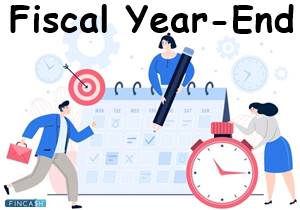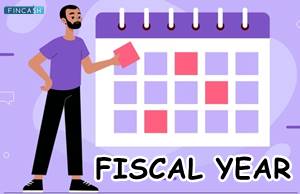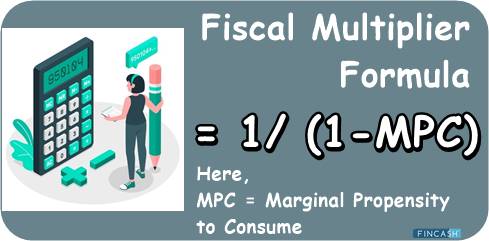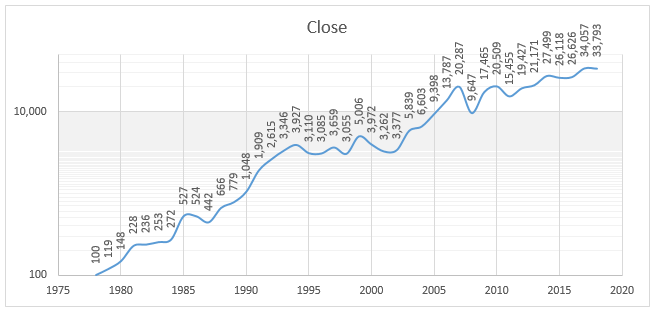Fiscal Year-End
As per the term Fiscal Year-End, it is referred to as the completion of the 12-month or one-year period rather than a typical calendar year. A fiscal year is mostly regarded as the period used for the calculation of annual financial statements.

The fiscal year of a company can differ from the respective calendar year. It might not close on 31st December every year depending on the nature of the needs of the company.
An Insight into Fiscal Year-End
In the field of Accounting, there are different ways to analyse the overall financial progress. It can be done either through fiscal years, calendar, or tax. The term Fiscal Year-End refers to the last days or weeks of the Fiscal Year of the company. Again, fiscal year is the period of 12 months that organizations use for the purpose of accounting.
In India, the government's financial year (Fiscal Year) runs from 1 April to 31 March.
Every organization can select the start date of the fiscal year. However, it can select leaving the given decision on the peak profit span or business cycle of the company. Once the company has set the fiscal year, it cannot be altered. Therefore, it is expected out of the executives to consider all possible factors into the same.
You should know that irrespective of when the fiscal year will end, most nations still expect the respective organizations to pay the Taxes during April.
Talk to our investment specialist
Fiscal Year-End Vs. Calendar Year-End
For a wide number of businesses, the fiscal year might match the respective calendar year –running from 1st January to 31st December. Ensuring coordination between the two will allow organizations to divide the entire year into periods of three months for coinciding with shifts amidst different seasons.
However, it is also important to know that not all industries or companies have operations following the calendar year. Season businesses, retails, and farms might depict distinct peak periods in comparison to other industries or companies. For such industries, selecting a fiscal year is something that will suit their specific needs.
Fiscal Year-End Example
For instance, if the busiest span of the company turns out to be the year’s end, then it is beneficial to analyse the financial records during summer when the schedule of the accounting department of the organization will be less demanding. A fiscal year that runs from 1st August featuring the Fiscal Year- End on 31st July is better capable of accommodating the specific needs of the company.
Once the company has selected the Fiscal Year-End, it is recommended to stick to the same year after year. This will allow the respective accounting data to be highly consistent with respect to the given time frames.
All efforts have been made to ensure the information provided here is accurate. However, no guarantees are made regarding correctness of data. Please verify with scheme information document before making any investment.












